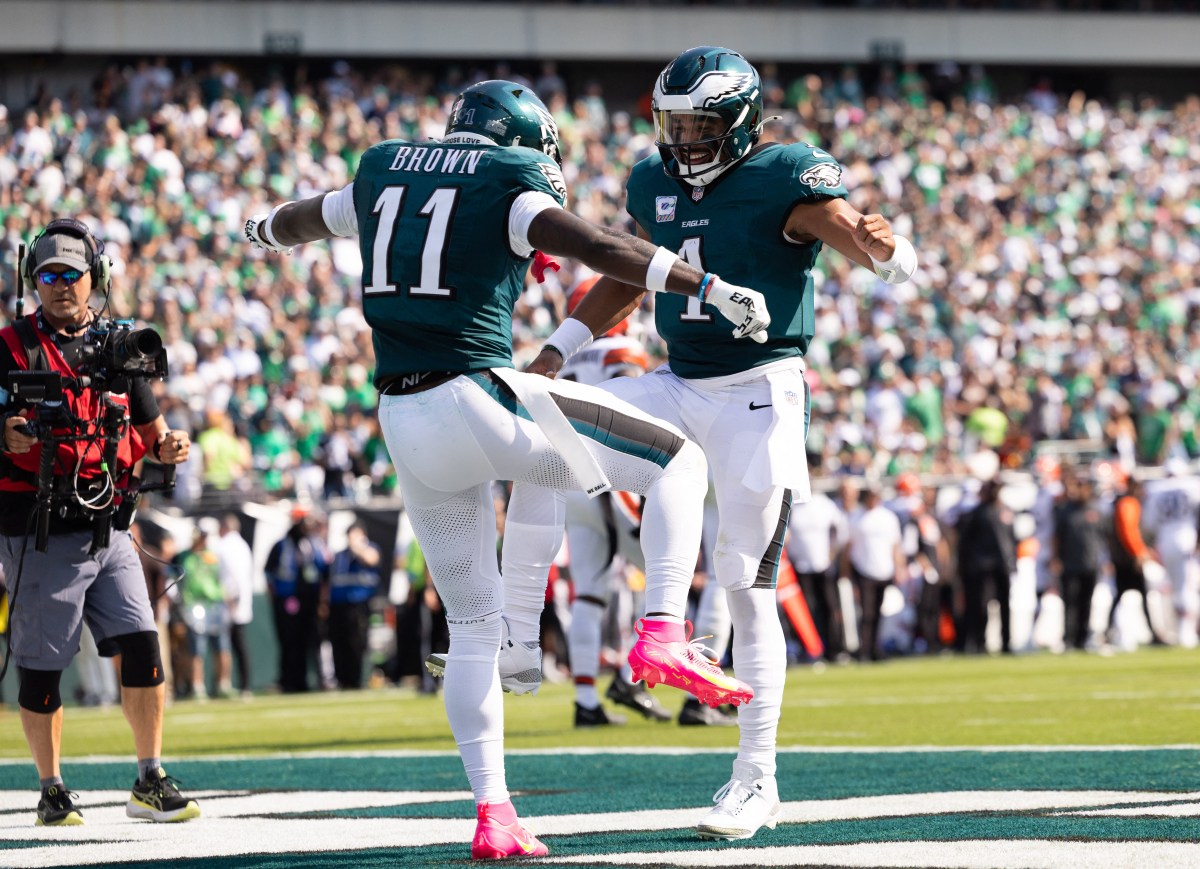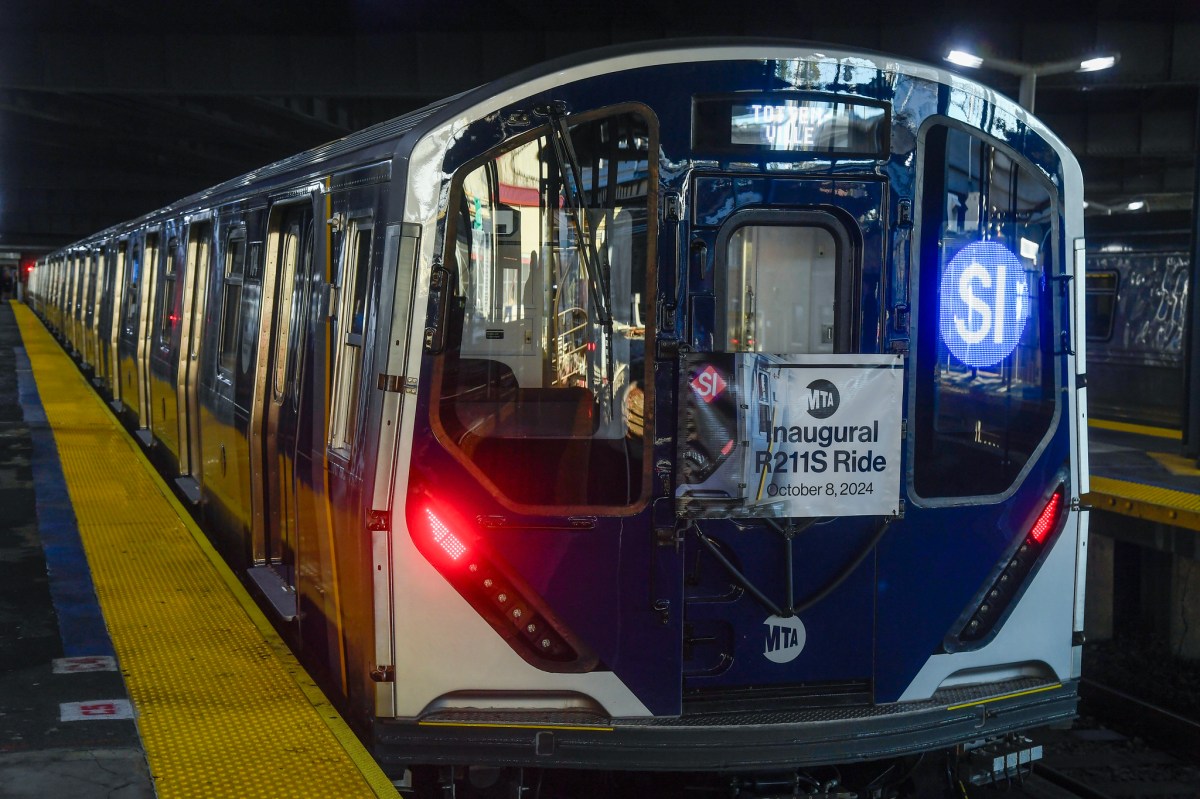(Reuters) –
1/BREXIT AND BOE
When the Bank of England announced a 150 billion pound increase in stimulus last month, it probably didn’t anticipate acting again soon.
If a Brexit trade deal had been signed by now, as expected, that would have been sufficient to shield the economy. But it hasn’t quite gone that way. Another Brexit deadline looms on Sunday and banks are quietly raising the odds of no-deal.
No agreement by Thursday’s meeting would mean the BOE will need to focus on increased risks to the economy and possibly open the doors for more stimulus and sub-zero interest rates.
Until recently, the 0.10% Bank rate was not expected to change until 2022. But Brexit deadlock means money markets now price a 65% probability of a 10 basis point (bps) cut by March 2021, doubling from a month ago.
(Graphic: BOE Theme https://fingfx.thomsonreuters.com/gfx/mkt/ygdpzjwjypw/theme%20graphic.JPG)
2/LONG GAME AT FED
November’s U.S. inflation uptick has increased speculation the Federal Reserve will on Wednesday announce plans to up purchases of longer-dated Treasuries to keep yields contained.
Ten- and 30-year U.S. borrowing costs are up by roughly 60 and 100 bps respectively from record lows hit in March. Two-year yields are just 4 bps off record lows. That’s unsurprising — the majority of the Fed’s $2 trillion purchases since March have been of short-dated debt.
That makes it likely the Fed will re-weight debt purchases towards the longer end. But will the move come this month?
Thirty-year yields are particularly sensitive to inflation expectations. They edged down even after data showing U.S. inflation rose 0.2% last month. That, investors say, is a sign of growing expectations that Fed intervention is coming.
(Graphic: The Fed’s Treasury holdings by maturity https://fingfx.thomsonreuters.com/gfx/mkt/dgkvlqxxrpb/Pasted%20image%201607630756997.png)
3/GOING AFTER CHINA
The outgoing White House administration isn’t quite done with China, having in recent weeks blacklisted Chinese firms with alleged military ties and prompting S&P and FTSE Russell to cull their shares from indexes.
Congress has laid the groundwork for forcing auditors on to Chinese companies with U.S. listings — likely to net names such as Alibaba and Tencent. The State department may soon call out banks that work with officials behind Beijing’s Hong Kong crackdown.
Punishments could range from restrictions on dealing with Americans to severance from the global dollar system. China has not yet responded, but investors are on edge.
(Graphic: US-China tensions https://fingfx.thomsonreuters.com/gfx/mkt/nmopaljkxva/Pasted%20image%201595576726782.png)
4/TESLA ZOOMS IN
Tesla joins the S&P 500 on Dec. 21 and investors anticipate an epic trade of over $50 billion of Tesla shares in the minutes before Friday’s close, as index funds adjust holdings to match the benchmark’s rejig.
The electric carmaker’s shares have surged 50% since November, when its index debut was announced. It is the world’s most valuable auto company, despite output that is a fraction of rivals Toyota, Volkswagen and General Motors.
Active funds, many of which have avoided Tesla, must now decide how much to own, if any. Portfolio managers have been calling JPMorgan analyst Ryan Brinkman for advice. His view? Tesla is “dramatically” overvalued.
Indeed, Tesla shares trade at 165 times 12-month forward earnings, Refinitiv data shows. Daimler and Toyota are at 10 and 16 times respectively.
(Graphic: Tesla is Wall Street’s most traded stock https://graphics.reuters.com/USA-STOCKS/TESLA/xegpbqwawvq/chart.png)
5/ TIGHT SHIP
Factories cranking out mountains of appliances, toys, protective equipment and other items in demand overseas are fuelling China’s world-beating economic recovery and export boom. One side-effect is a shortage of shipping containers.
That’s sent cargo costs up 85%-150% since June, and with container shipping accounting for 60% of goods movements worldwide, the risks to global trade disruption are clear.
Chinese manufacturers, who supply 96% of all container output, are working extra shifts to meet demand. Yet that’s sent steel and timber prices soaring. Far away in Britain, carmaker Honda had to halt production due to container port delays.
(Graphic: Container shipping costs surge to record highs on restocking, strong goods demand and tight container supply https://fingfx.thomsonreuters.com/gfx/ce/nmopabkkwva/FreightosGlobalContainerRates.png)
(Reporting by Kate Duguid in New York, Noel Randewich in San Francisco; Saikat Chatterjee and Karin Strohecker in London; Vidya Ranganathan in Singapore; Compiled by Sujata Rao; Editing by Catherine Evans)






















